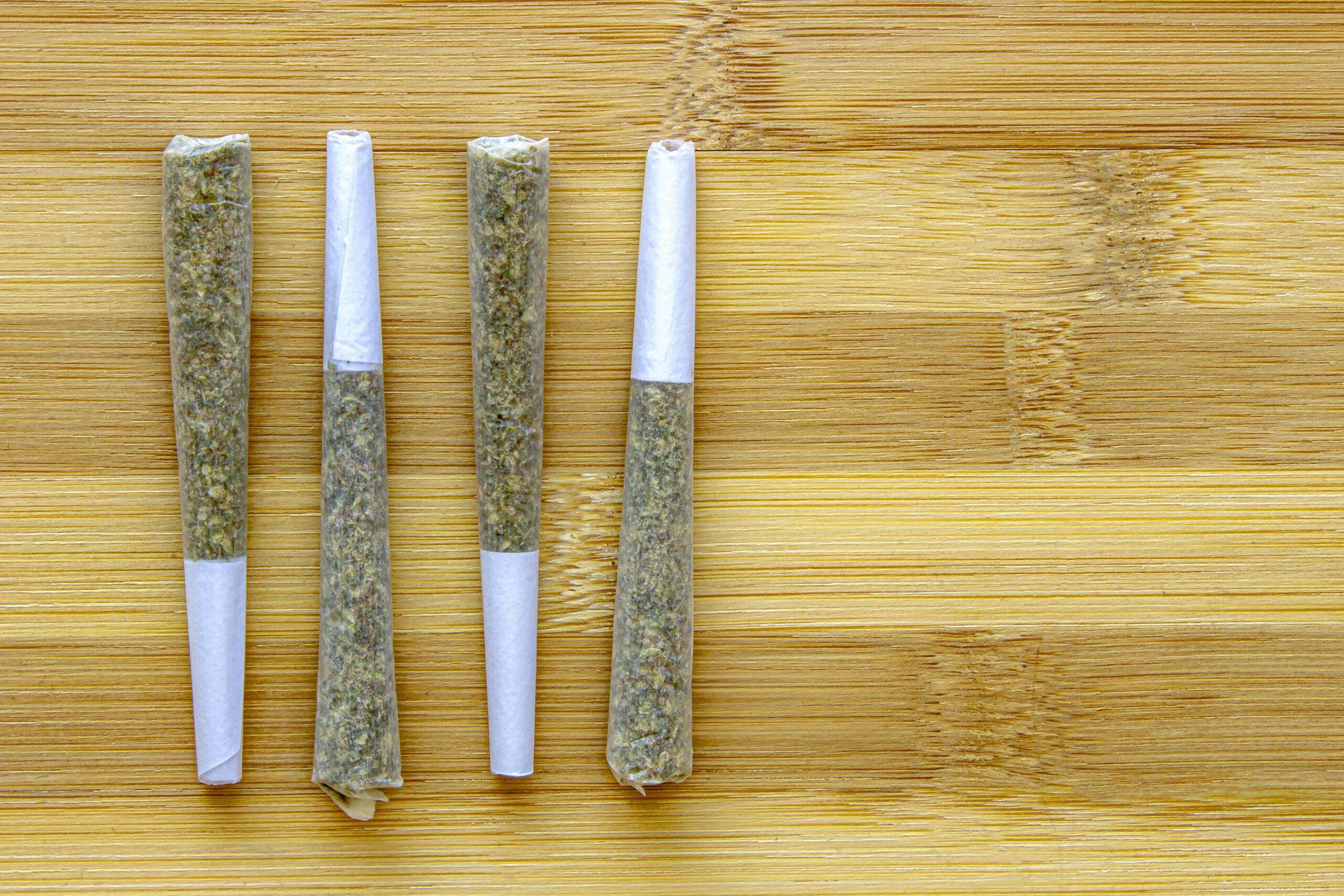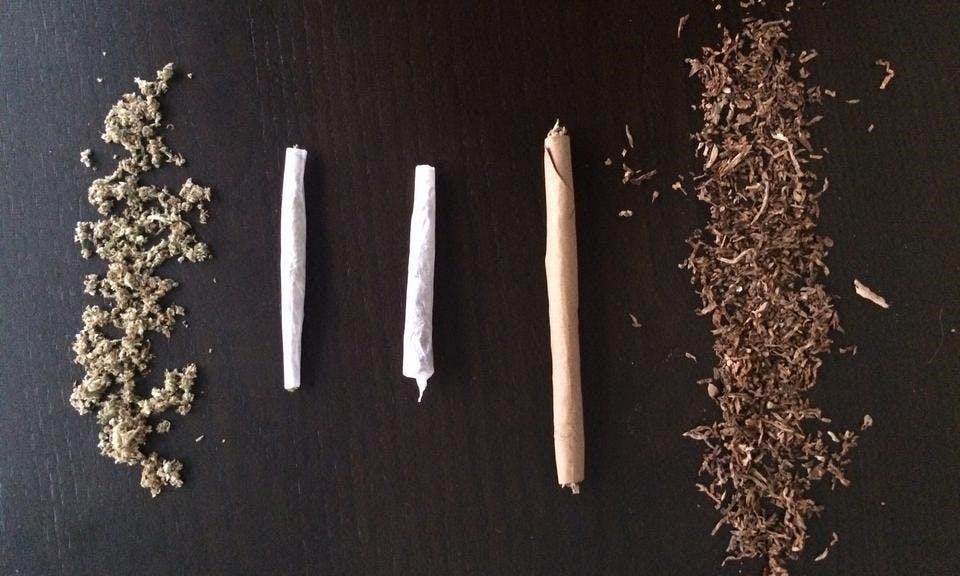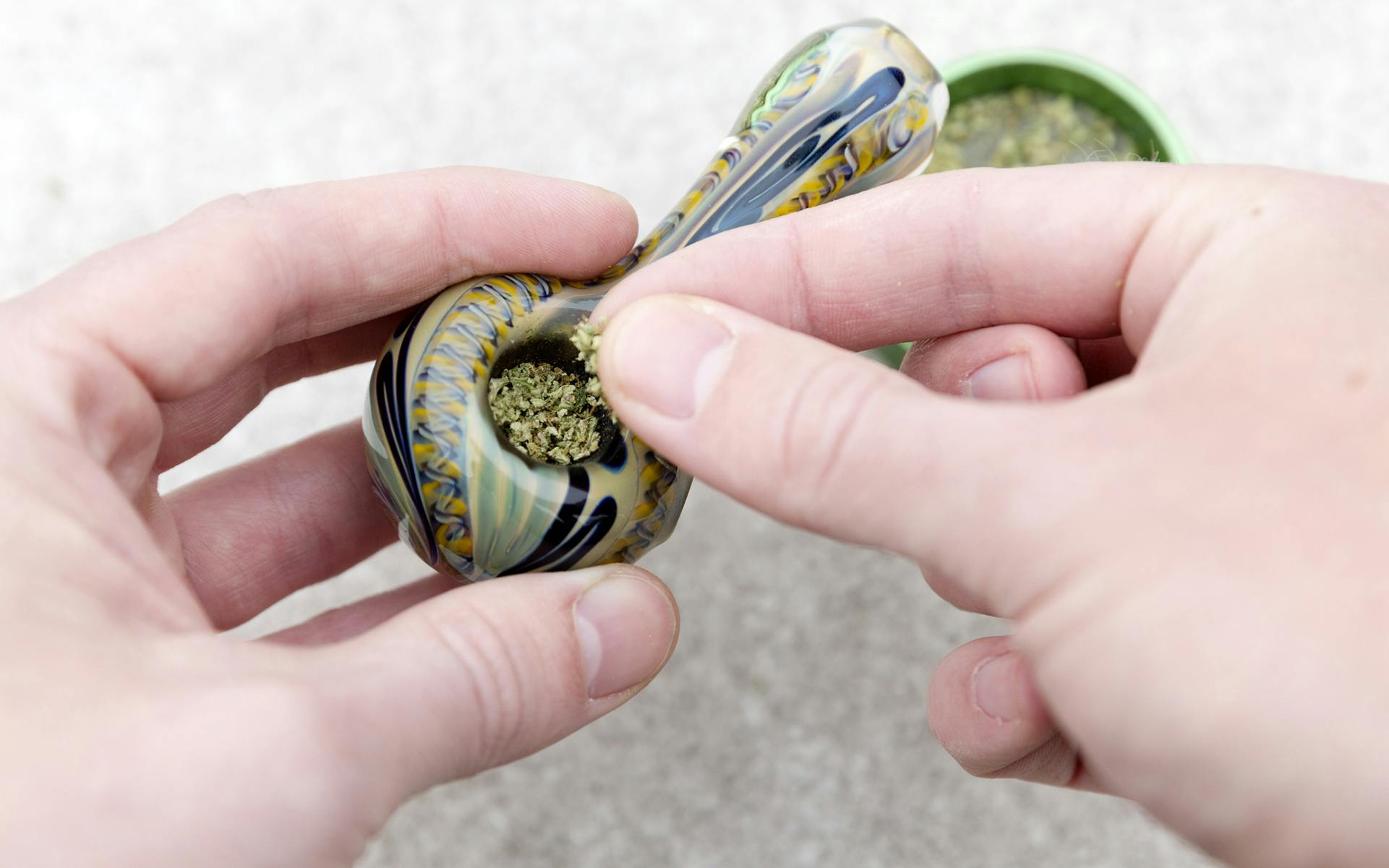
A lighter is one of the easiest and most convenient ways to combust cannabis when smoking a bowl or firing up a joint. They’re compact, inexpensive, and reliable, and every weed smoker should have one on hand.
However, there are alternative ways to light cannabis that you may not know about. Some are a bit off-the-wall and work well for a good gag, and others are surprisingly beneficial.
Here are four lighter alternatives for lighting your weed pipe.
Hemp wicks
The standard lighter uses butane and sometimes that flavor can carry into the smoking experience. If inhaling butane isn’t your jam, try using a hemp wick.
Hemp wick is a twine made out of hemp that has been dipped in beeswax and usually comes in a spool. It’s a popular butane-free method to lighting a bowl. Some argue that hemp wick produces better flavor due to it low combustion temperature.
One popular method for transporting hemp wick is to wrap it around a lighter’s base, and then use the lighter to ignite the wick.
To use, you’ll still need a lighter or match. Spool out some wick and light it, then use the burning wick to light your bowl for a more flavorful hit.
Flame-free lighters
Don’t let the name fuel you! These lighters aren’t the same as a trusty butane-filled lighter. Often referred to as “windproof,” most of these lighter designs use plasma coils—sometimes referred to as “arcs”—which heat to a high temperature capable of combusting a joint tip or a pipe filled with cannabis.
Other designs, such as a Tesla Coil lighter, utilize a tiny spark emitted from two charge points, which are capable of combustion.
Some designs work better than others, but the main benefit of flame-free lighters is that they’re handy in a windy situation.
Other than that, they’re a bit of a novelty purchase. (Not that there’s anything wrong with that!)
Glass wands/Greevo sticks
Glass wands, also referred to as greevo sticks, are small borosilicate glass wands that you heat up until red hot, let cool for a few seconds, and then press onto your packed bowl for clean combustion.
These glass wands are capable of heating weed to the point of vaporization as well, past combustion temperatures, if you so choose.
It’s arguable that consuming vaporized cannabis with a glass wand is healthier than combusting it with a butane lighter or even hemp wick.
However, heating a glass wand means you need to invest in a torch to heat it, which can be expensive and more dangerous. Additionally, glass wands are fragile and can break easily.
Magnifying glass
Solar hits are a fun, clean way to light your bowl. You can harness the power of the Sun, focusing its light and energy to create heat and light your bowl. All you need is a magnifying glass and a clear, sunny day.
Pack a bowl and hold a magnifying glass directly in the path of the Sun, approximately 8-12” away from the bowl. You will likely have to move the magnifying glass around a little to focus the beam correctly—you should get a bright white spot, and aim it on your bowl. Then wait a few seconds for the bowl to catch fire, and inhale.
Using a magnifying glass to light your bowl is the cleanest and cheapest methods, though it can be a bit of an operation.
Patrick Bennett and Pat Goggins contributed to this article.
Read more of Leafly’s guide to smoking marijuana
- How to smoke weed
- What’s the difference between joints, blunts, and spliffs?
- What is a pre-roll?
- How to roll a joint
- How to roll a blunt
- How to roll a crutch for your joint or spliff
- What is a cannabis grinder?
- What is a glass weed pipe?
- How to pack and smoke a bowl of weed
- What is a one-hitter pipe?
- How to make an apple pipe
- What is a bong?
- What is a gravity bong and how do you make one?
- How to clean glass bongs and pipes
- What is kief and how can you use it?
- What are moon rocks and how do you smoke them?
- Sploofs 101: How to reduce smell when smoking cannabis
- Need a light? 4 alternatives to using a lighter
- What is hotboxing with cannabis and does it work?
By providing us with your email address, you agree to Leafly's Terms of Service and Privacy Policy.



